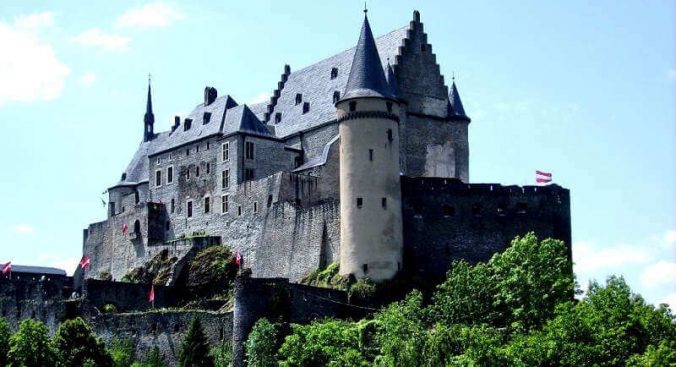is a Germanic language spoken by approximately 400,000 people in Luxembourg (Letzebuerg), France (Frankraich), Belgium (Belsch) and Germany (Daitschland). There are also several native speakers of the Luxembourgish language in the United States. This language has a lot in common with German and Dutch and english to bangla translation, and also borrowed some words from French, for example, “merci” (thank you).
Luxembourgish has been spoken since Frankish times (c. 1,000 AD), along the banks of the Moselle. Literature in the Luxembourgish language flourished during the 19th century. A new spelling system, Lezebuurjer Ortografi, was created by Gene Feltes in 1946, although it was never really popular. In 1950 Joseph Tokert, Helene Palgen and Robert Bruch were assigned to write a new Luxembourgish dictionary. For the dictionary, they invented a new spelling system, which was accepted as official in 1976, when Feltes’ system was abolished.
Luxembourgish is used in early childhood education in Luxembourg. Primary education is in German and higher education is taught in French. In addition to these three official languages, English is taught in compulsory education and most of Luxembourg’s population can speak English, especially in Luxembourg.
Each of these three languages is used as the primary language in specific areas. Luxembourgish is the language that Luxembourgers usually use to communicate with each other, but it is not often used as a written language. Most business documentation (written) is in French. German is usually the language of much of the media and the church. Local radio stations broadcast several hours of German, French and Luxembourgish every week, and some also have English clocks.
Debates in the Luxembourg Parliament are held in Luxembourgish, although some MPs prefer to speak in French. The laws are written in French, but people are free to use French, German or Luxembourgish when dealing with administrative and judicial matters.
Luxembourg is a country with a rich history, developed infrastructure, and beautiful nature. Many companies from different countries have business contacts with this country. And it will not be superfluous to show off your knowledge of their native language, even if you already know English or other languages.

